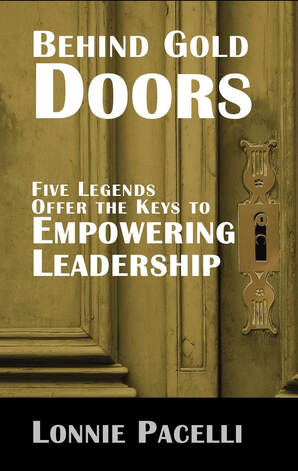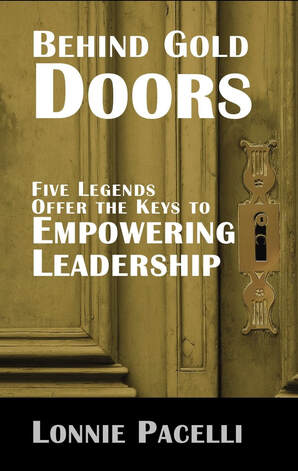
As an individual contributor, Joe was praised by his management for his speed in delivering results. His management was so enamored with his ability to get things done quickly that he was promoted to a leader role over a team of ten. Joe’s speed in taking action carried over into his decision making. He saw making decisions fast as a sign of getting “real work done,” versus sitting around talking about things. “Great leaders don’t have all the facts,” he would say to his team, as justification for moving forward without a good understanding of a decision’s implications. Joe’s team learned to just say, “Yes, Sir,” and do their best to execute what Joe wanted done by the time expected. His impulsive decision making came to a head with a new hire named Greg.
0 Comments

As a young manager, I was involved in a significant crisis which had the attention of not only the partners in the firm but also its CEO. I, like many of my cohorts, was nervous about the crisis, its impact on our clients, and my employment status at the firm. There was a very senior partner who was tasked by the CEO to assume responsibility for navigating the firm through the crisis. It took us a year to work our way out of the crisis; and we all learned some valuable nuggets. I thought I was a good leader before the crisis. Now I realize how naïve I was in my assessing my leadership skills. That experience, while excruciatingly painful, was an inflection point in putting me on the path to becoming a better leader.

So the older I get the more I think about the lessons I’ve learned in my career. Oh, to go back in time and talk to my younger self about the boneheaded things I did. Sadly, my younger self probably wouldn’t have listened to any imparted wisdom (which I define as knowledge coupled with experience). I was recklessly confident—I didn’t think I would get burned by touching the stove, no matter how many before me got burnt.
Ah, the naivete of youth. What I’ve come to realize is that learning hard lessons doesn’t mean I have to experience them first-hand. It’s far less physically, emotionally and financially painful to learn from others. This has led me to an important conclusion--there are two paths to wisdom. The first is experiential wisdom, where I know the stove is hot because I touched it. The second is inherited wisdom, where I believe someone with credibility when they tell me the stove is hot. I could have saved myself a lot of time, stress, and money if I understood and practiced inherited wisdom. In my zeal to help those still climbing the career mountain, following are my 12 wisdom nuggets to help others avoid experiential wisdom and replace it with inherited wisdom. 
On the 1980s HBO show Not Necessarily the News, comedian Rich Hall created Sniglets, which dictionary.com defines as “any word coined for something that has no specific name. Words like Jokesult (When someone insults you, you call them on it, and they say, "It was just a joke.”) and Chwads (discarded gum found beneath tables and countertops) were born to humorously explain commonplace things or actions. I’ve created 20 of my own project management and leadership sniglets; some made up words, others repurposed words or phrases. I hope they resonate with you and put a bit of humor in your day.
|
Topics
All
Reprints
Contact Lonnie about article reprints. Please specify article you wish to reprint. Backlist
See Lonnie's Amazon Author Page Archives
July 2024
|
Lonnie Pacelli - Building Thriving Leaders™
Insightful | Creative | Direct Advice to Help Leaders Help Themselves
Keynote Speaker | Board Director | Autism Advocate | Author | Project Management Expert | Microsoft/Accenture Veteran
See his books on Amazon
Insightful | Creative | Direct Advice to Help Leaders Help Themselves
Keynote Speaker | Board Director | Autism Advocate | Author | Project Management Expert | Microsoft/Accenture Veteran
See his books on Amazon
Services |
About
|
© COPYRIGHT 2019. ALL RIGHTS RESERVED.
We are a participant in the Amazon Services LLC Associates Program, an affiliate advertising program designed to provide a means for us to earn fees by linking to Amazon.com and affiliated sites.
|

 RSS Feed
RSS Feed